With backgrounds in music, filmmaking, and storytelling, criminalised and formerly incarcerated artists Barkaa, Jasmine Barzani, and Tabitha Lean share their valuable perspectives on the role of art in confronting carceral narratives.
-
Tabitha Lean is an abolition activist determined to disrupt the colonial project, abolish the prison industrial complex, and challenge the colonial carceral state. Having spent almost two years in Adelaide Women’s Prison and a total of 18 months on Home Detention, Lean uses her lived prison experience to argue that the criminal punishment system is a brutal and too often deadly colonial frontier for her people. She believes that until we abolish the system and redefine community, health, safety and justice, her people will not be safe.
Jasmine Barzani is a Kurdish activist and artist who has worked with groups including Food Not Bombs, Animal Friends Jogjakarta, 3CR Community Radio, Needle n Bitch, and Médecins Sans Frontières. She was one of the founders of feminist housing collective HUSK, and an organiser of the 2019 IMARC protests and projects such as the Lizard Bites Back and the Refugee Arts Festival.Barzani’s involvement in social movements stretches from No Borders to Anti-Facism, and she believes in the imperative for radical media to popularise and expand liberatory struggles. She is currently directing a documentary film about housing, Bendigo Street, which uses her involvement in a 2016 direct-action housing campaign in (so-called) Collingwood to critique property and the coloniality of housing. Jasmine is currently a visiting fellow at the Institute of Postcolonial Studies, North Melbourne.
BARKAA is a Malyangapa, Barkindji woman who’s roots come from Western New South Wales, living on Gandangara land in South West Sydney. Music has been part of her journey to express herself and passionate about the truth and issues impacting First Nations people. She released her debut single ‘For My Tittas’ which put her on the map followed by her debut E.P ‘BLAK MATRIARCHY’.In 2022, BARKAA continued to make waves with rounding out the year with two ARIA nominations and a victory in the King Brown – Song of the Year category at the National Indigenous Music Awards. She was also honoured as an FBi SMAC Award winner for the third consecutive year, triumphing in the coveted Record of the Year category with her album ‘Blak Matriarchy’ and securing the Best Video award for its eponymous film clip, as well as, taking home the Best International Hip Hop Single of the Year Award at the International Indigenous Hip Hop Awards.















